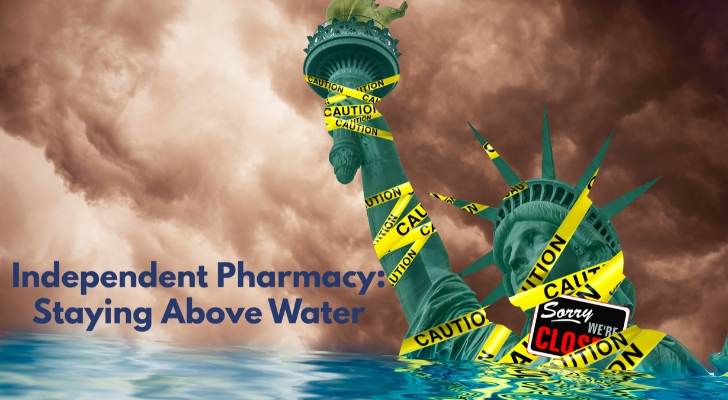Editorial by Dirk White, RPh
Executive Vice President and Legislative Affairs Regional Leader for Alaska, WSPC
This year has seen some fabulous legislative wins and one disappointing regulatory loss. Some would say “you win some, you lose some, but the war rages on.” These issues have escalated into more than just a friendly game of horseshoes. With each local community pharmacy closure, thousands of patients lose access to quality health care across the nation. These are important, initial entry points to health care—access that can be critical to the overall health of that community, especially in rural and underserved areas across every state.
The passage and signature into federal law of the two “gag clause” initiatives—one covering commercial insurance plans, the other Medicare Part D plans—was the result of hours of phone calls, thousands of emails, hundreds of hill visits with legislators and staff, as well as many in-pharmacy visits with your legislators and their staff. It took all of this to get these two bills on the President’s desk for his signature.In the ongoing fight to reduce drug prices, the Senate Finance Committee has passed the Prescription Drug Pricing Reduction Act of 2019 (PDPRA). This bipartisan bill addresses high prescription costs by taking on PBMs and holding them accountable; especially addressing DIRs and claw-backs. This proposal requires PBMs to publish their yearly reports on any rebates, discounts, or price concessions that they negotiate for payers. It also requires PBMs to state how much of those savings were passed on to payers. Part D payers will also have a microscope on their PBM contracts and will be required to audit contracts, report price adjustments made after the sale by PBMs or insurers to pharmacies. Furthermore, they must report both actual and expected DIRs.
“If you think you are too small to make a difference, try sleeping with a mosquito.”
– Dalai Lama
The DIR and co-pay claw-back issues were not solved in the CMS final rule as we had all hoped. So now we must work to solve the problems legislatively. We all must continue to contact our Federal and State legislators to educate them on how critical it is to their constituents that these two activities by PBMs be stopped ASAP. Each of us needs to call and email our local and Federal legislators’ offices and implore them to work on and pass legislation to end these practices, so that we may continue to serve our communities. Model legislation for this already exists and we can provide it to you so that you may pass it along to your legislators’ staff to start to work with.
We must visit face-to-face with our legislators and their staff, either in their offices or at home in our pharmacies when they are on break. We must invite them to visit our stores to demonstrate our problems and issues so that they and their staff understand how critical each of our local pharmacies is to their constituents. They need to be motivated to write and/or co-sponsor new legislation to end DIRs and claw-backs of any kind. PBM actions that do not decrease health care costs to Medicare or Medicaid are simply padding the PBM’s wallets. This, in turn, robs local economies of money we can no longer afford to lose.
There have been far too many community pharmacy closures in the last two year’s and this should not be acceptable as collateral damage. They are scorched-earth actions caused by these and other PBM policies that have far-reaching, long-acting consequences to our community’s economic and physical health for decades to come. This is our collective call to action, because inaction will result in another casualty that our communities cannot afford!




